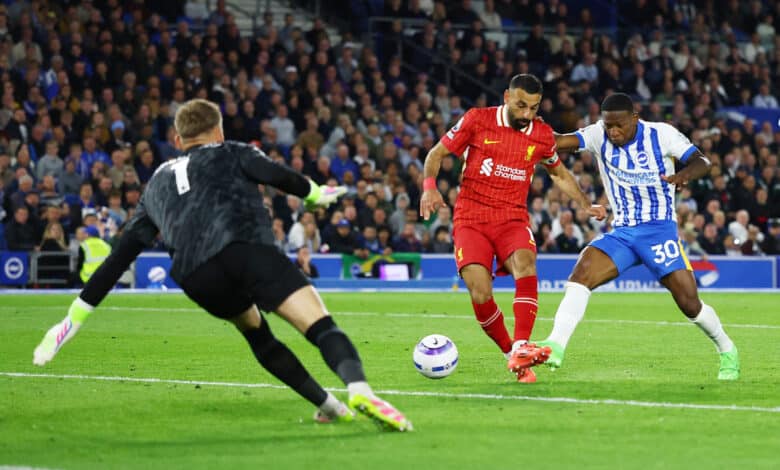UK Footballers Stand Up Against Betting Firms Over Data Practices

In an audacious move, a broad coalition of professional footballers across the UK is pushing back against the way third-party companies—most notably betting firms—handle their performance data. This effort signifies a growing concern among players about how their personal statistics are being collected and used without proper oversight.
Leading this charge is the Global Sports Data & Technology Group (GSDT) with its initiative dubbed Project Red Card. Since its inception five years ago, the campaign has garnered the backing of over 850 current and former players from the English Premier League, Scottish Premiership, and beyond. At the heart of the controversy is the unauthorized commercial use of detailed player metrics—such as running speeds, pass accuracy, and fitness data—by companies that profit from this information without securing players’ explicit consent.
Richard Dutton, a specialist in data privacy, emphasizes the issue: “The details of their passing accuracy, fitness, speed, all of those things which you see in various guises on countless websites or games, which is how players are now assessed.”
Udo Onwere, a former Fulham and Lincoln City player turned lawyer, echoes these sentiments. “This is not just about money, it is about how a player’s personal information is being used by companies they might have strong moral objections to,” he states.
Major players like Opta and Genius Sports amass this data, which is then sold to broadcasters and betting companies worldwide. In 2019, Genius Sports secured exclusive rights to distribute live match statistics to betting operators globally. Despite the lucrative nature of such deals, players currently see no direct financial benefit from their data.
Under the General Data Protection Regulation (GDPR), processing personal data for commercial purposes requires clear, lawful, and transparent consent. Onwere suggests a potential solution: treating players’ data more like intellectual property, which could provide stronger legal protections under copyright laws.
While clubs increasingly leverage data analytics to scout talent and refine tactics, players are caught in a tricky position. Advocating for their data rights might jeopardize access to performance insights and other opportunities critical to their careers.UK Football Stars Stand Up Against Betting Firms Over Data Practices
In an audacious move, a broad coalition of professional footballers across the UK is pushing back against the way third-party companies—most notably betting firms—handle their performance data. This effort signifies a growing concern among players about how their personal statistics are being collected and used without proper oversight.
Leading this charge is the Global Sports Data & Technology Group (GSDT) with its initiative dubbed Project Red Card. Since its inception five years ago, the campaign has garnered the backing of over 850 current and former players from the English Premier League, Scottish Premiership, and beyond. At the heart of the controversy is the unauthorized commercial use of detailed player metrics—such as running speeds, pass accuracy, and fitness data—by companies that profit from this information without securing players’ explicit consent.
Richard Dutton, a specialist in data privacy, emphasizes the issue: “The details of their passing accuracy, fitness, speed, all of those things which you see in various guises on countless websites or games, which is how players are now assessed.”
Read also: PlayStation Days of Play 2025 Discounts Announced for Europe
Udo Onwere, a former Fulham and Lincoln City player turned lawyer, echoes these sentiments. “This is not just about money, it is about how a player’s personal information is being used by companies they might have strong moral objections to,” he states.
Major players like Opta and Genius Sports amass this data, which is then sold to broadcasters and betting companies worldwide. In 2019, Genius Sports secured exclusive rights to distribute live match statistics to betting operators globally. Despite the lucrative nature of such deals, players currently see no direct financial benefit from their data.
Under the General Data Protection Regulation (GDPR), processing personal data for commercial purposes requires clear, lawful, and transparent consent. Onwere suggests a potential solution: treating players’ data more like intellectual property, which could provide stronger legal protections under copyright laws.
While clubs increasingly leverage data analytics to scout talent and refine tactics, players are caught in a tricky position. Advocating for their data rights might jeopardize access to performance insights and other opportunities critical to their careers. UK footballers Data













